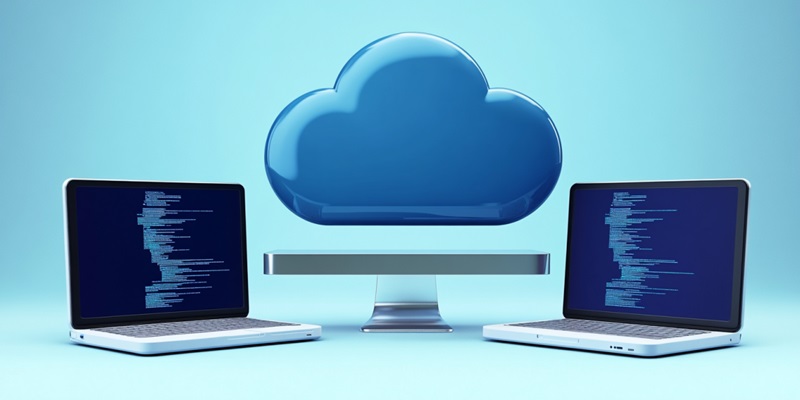As enterprises continue to modernize their infrastructure in the digital era, Kyndryl and Microsoft have joined forces to address an essential challenge. Their partnership focuses on modernizing mainframe applications and migrating SAP ERP systems to the Azure public cloud, thus enabling seamless enterprise digital transformation. Formed initially in 2021 after Kyndryl’s spin-off from IBM, this alliance aims to bridge the divide between on-premises IT environments and cloud services. A key component of this expanded collaboration involves integrating artificial intelligence (AI) technologies to enhance business applications and unlock valuable data that has long been stored in mainframe systems. Potential benefits include improved application security, support for hybrid IT models, and the acceleration of generative AI deployment, leveraging Microsoft’s advanced Copilot technologies.
Modernizing Mainframe Applications and AI Integration
One of the primary focuses of the Kyndryl-Microsoft partnership is the migration of mainframe applications to integrate with Azure OpenAI, Microsoft’s DevOps platform, and data governance tools. By doing so, enterprise core business data becomes more accessible, thereby aiding in AI adoption. This modernization approach is particularly significant given the vital role mainframe systems often play in enterprise operations. Traditionally, mainframes store vast amounts of mission-critical data, making AI-powered insights a valuable resource for businesses seeking to thrive in an increasingly data-driven world.
Moreover, the integration of AI within mainframe environments promises to unlock hidden efficiencies and new operational capabilities. By analyzing large data sets and automating complex processes, AI can help businesses not only optimize their current operations but also predict and mitigate future issues. Petra Goude of Kyndryl emphasizes that this effort will support hybrid IT models, offering a blend of on-premises and cloud solutions tailored to enterprise needs. Additionally, the inclusion of AI ensures continuous improvements in application performance, helping businesses stay agile and competitive in a rapidly evolving market landscape.
Migrating SAP ERP Systems to Azure
A key element of the growing partnership involves migrating SAP ERP systems to Azure through the RISE with SAP program. With a critical 2027 deadline, this initiative aims to assist businesses in moving their ERP systems to the cloud, enhancing accessibility, performance, and scalability. Despite the urgency, Gartner notes many enterprises have yet to start their migration efforts. However, Kyndryl has already taken steps, laying a strong foundation for the collaboration and providing a roadmap for others navigating this complex transition.
Migration to Azure offers numerous benefits, such as improved data governance, streamlined operations, and better system performance. Utilizing Microsoft’s Azure public cloud, businesses gain from unified infrastructure, platform services, and software capabilities, addressing various IT challenges. Moreover, Azure migration enables continuous innovation by offering a robust framework for adopting emerging technologies. Integrating Microsoft’s Copilot technologies allows enterprises to adopt a proactive approach, making informed decisions and driving growth with AI-driven insights.
The reinforced partnership between Kyndryl and Microsoft highlights the growing importance of AI and cloud integration in modernizing legacy business systems. Their collaboration promises to aid enterprises in navigating digital transformation, bridging traditional IT infrastructures with cutting-edge technologies. Consequently, businesses can unlock new operational efficiencies, improve application security, and secure sustained competitive advantage in an increasingly tech-driven world. Focusing on AI and cloud services aligns with industry trends, emphasizing the need to stay ahead with seamless transitions and optimal performance.

